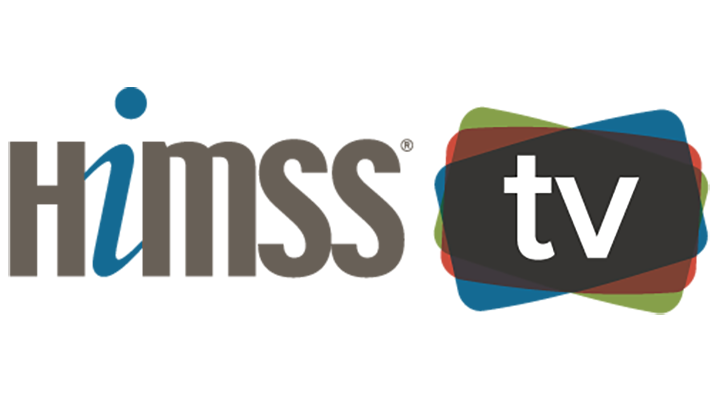HIMSS TV
Punit Soni, CEO and founder of Suki, predicts tech will become more invisible – and more "human" – and will make the healthcare experience more frictionless for patients and providers.
Frederick Health’s precision medicine program integrates patients' genetic data into clinical workflows to support tailored decision-making. Jackie Rice, the hospital's chief information officer, describes the benefits.
M42's Dr. Maaz Shaikh says the company's open-source Med42 LLM, trained on public rather than patient data, can be deployed for multiple use cases and is compliant with many global security standards.
In part one of our new Emerging Technologies series, Jayme Strauss, chief clinical and commercial officer at Precision Neuroscience, discusses the Layer 7 cortical interface, a minimally invasive brain-computer interface.
One new tool can automate clinical registry workflows for clinicians, which reduces manual data entry. Tom Liddell, CEO of Harmony Healthcare IT, explains more.
Aging is a tangled web of biological processes and AI can help us map this complexity and unlock treatments that target aging itself, not just its symptoms, says Andrew Steele, author of "Ageless: The New Science of Getting Older Without Getting Old".
The pros of using genAI and the challenges that require some caution, according to Rajiv Kolagani, vice president and chief data and AI officer at Ann & Robert H. Lurie Children's Hospital of Chicago.
The adoption model's requirements help ensure that health systems' infrastructure is optimized to support advanced cybersecurity and analytics capabilities, says HIMSS digital health strategist Philip Bradley.
While Dubai seeks to leverage AI to offer personalized, data-driven care and increase efficiency, the Dubai Health Authority's Neville Perry says any new proposed healthcare AI projects must be compliant and cost-effective.
Abhinav Shashank, Innovaccer cofounder and CEO, says his company can help providers and payers connect data into a single layer that can support population health initiatives, revenue cycle automation and other big projects.










